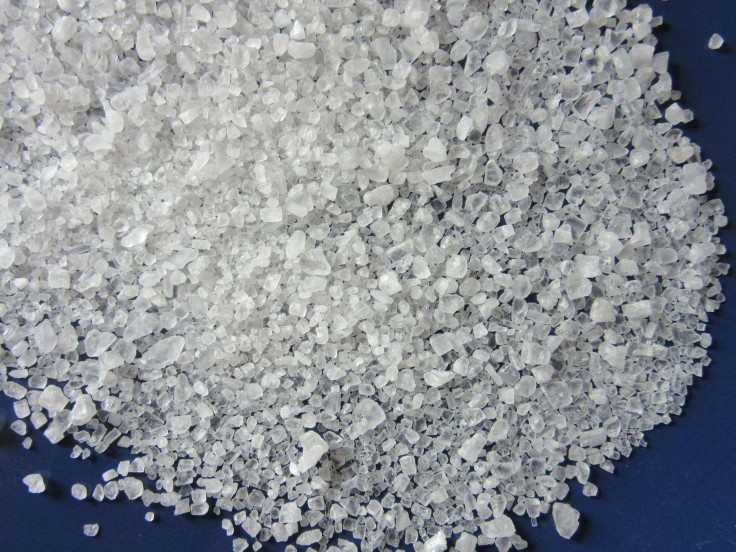Take It With A Grain Of Salt: Reducing Sodium Intake May Actually Be Harmful For Heart Failure Patients

For tens of years, heart failure patients have been warned to cut their salt intake as a way to stay healthy. Though it may be accepted as fact by many, a new study questions this practice, suggesting that this advice might actually be harmful, increasing a hear failure patient’s risk of death or hospitalization.
“The conventional wisdom has been that salt is bad for you,” said study lead researcher Dr. Rami Doukky, a cardiologist and associate professor at Rush University Medical Center in Chicago, to Health Day. “This study says, not so fast. Maybe we should take that, no pun intended, with a grain of salt.
Patients who’ve experienced moderate heart failure and stuck to a low-sodium diet were 85 percent more likely to die of require hospitalization for heart disease than patients who didn’t restrict their salt intake, according to the study.
Though this is intriguing, Doukky and other cardiologists warn the research is preliminary, and should not be an OK for heart failure patients to consume excessive salt. Experts say clinical trials, and vigorous ones, are needed to further test the validity of the study’s hypothesis.
“The study is meant to be an eye-opener, that we need to investigate this matter more. We used to take it [salt consumption] for granted, and now it is time to address it with more definitive trials,” Doukky said.
Physiologically, the assumption that salt is bad for heart failure patients makes sense, according to Dr. Clyde Yancy, chief of cardiology at Northwestern University’s Feinberg School of Medicine in Chicago. Salt causes the body to retain water, and pulls additional fluid into the blood vessels. Heart patients struggle with this retention because their hear beats weakly, unable to fight the force of gravity, therefore letting blood and water build up in places like the lungs, feet, ankles, and legs.
A few recent studies have called the idea into question, though, so Doukky and his colleagues investigated by analyzing data from a clinical trial that followed heart failure patients for an average of three years. The team examined 833 patients, and saw that 42 percent of heart failure patients following the low sodium diet experienced death or hospitalization for heart problems, compared to 26 percent of those who did not restrict salt intake.
Doukky suggested this could be because slashing salt intake might mess with a patient’s fluid volumes, causing potentially harmful consequences.
“The idea is sodium restriction leads to a concentration of the fluid volume in the body, and that turns on certain hormones which try to retain fluids in the body and may potentially accelerate the heart failure process,” he explained.
Yancy noted that these findings should not be applied to healthy people without heart problems, since salt remains a leading risk factor for high blood pressure.
Source: Doukky R, Avery E, Mangla A, Collado F, Inrahim Z, Poulin M. Impact of Dietary Sodium Restriction on Heart Failure Outcomes CME. JACC Heart Failure. 2015.



























